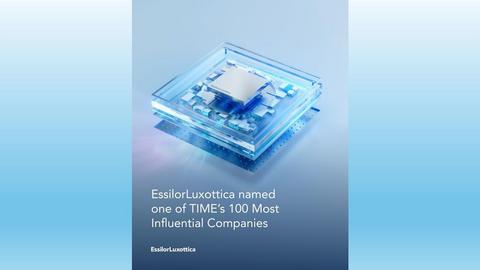Analyses & Studies • Publications
FOCUS 70: Exploring New Food Frontiers

Bettina Hudry Gerez, business development director, Alcimed, discuses how technology is changing the future of food production.
Agrifood is an exploration territory at Alcimed. Please tell us what that means and particularly in a country like Singapore.
At Alcimed, we are 200 explorers who help corporate leaders, innovative SMEs & public institutions explore and develop their uncharted territories. For 25 years, we have been operating in life science including the agrifood industry where we explore areas like new technologies and their impact on the business, new offers to develop, new geographies to enter, new ways to speedup innovation or to envision possible futures.
The agri-food territory is an exploration for us working everyday with players throughout the value chain involved in agribusiness, ingredients and finished products, both in the human and animal nutrition sector. Singapore is our latest base camp after the 7 offices already existing in Europe and the US. In Singapore for example, our on-going explorations focus on alternative proteins, microbiota, healthy ageing, by-product valorization and sustainable packaging.
How does agrifood tech bring about more efficiency in food production?
Along the whole value chain, advancements in technology are bringing more efficiency, sustainability, traceability and safety in the food production. For example, precision farming helps predict optimal crop planting and harvesting while reducing the use of plant protection products; sensors can support detecting contaminants; and blockchain enables tracking ingredients and process.
For example, we can mention Nordic Sugar, a sugar manufacturer in Europe that analyzes more than 80,000 samples of beetroot each year through robots with sensors to detect contaminants, or Nestlé which is tracking milk from farms in New Zealand to its facilities in the Middle East through blockchain.
What are the implications of the relationship between technology and nutrition?
One of the latest frontiers that we see emerging is personalized nutrition. This is driven by two technologies maturing sufficiently to be widely used - nutrigenomics, which is the study of how diet and nutrients affect gene expression and health; as well as next generation sequencing, leading to an exponential understanding of the microbiota in the gut. As one of the first large food companies, MARS has created a new division only focused on personalized nutrition.
Another aspect of technology and nutrition is related to mobile phones, which track personal lifestyle data to help improve our health. In China for example, Nestlé and Xiaomi have partnered to improve diets of adults and aging population. The developed platform allows users to upload their daily food intake, as well as information about their weight, blood pressure, sleep patterns and exercise habits. Using big data analytics, the platform then generates individualized personalized nutrition reports for each user.
Last but not least, startups are growing in the field of alternative proteins. For example, Shiok Meats, a Singaporean startup, aims at producing cell-based shrimps. Technology embraces nutrition when these stem cells are fed with a nutrient mix that helps them grow into meat tissues. Producing shrimps this way prevents the use of antibiotics or hormones that affect human health.

Interview with Bettina Hudry Gerez, business development director, Alcimed , for FOCUS #70. To read more articles from this issue, download your digital copy here


